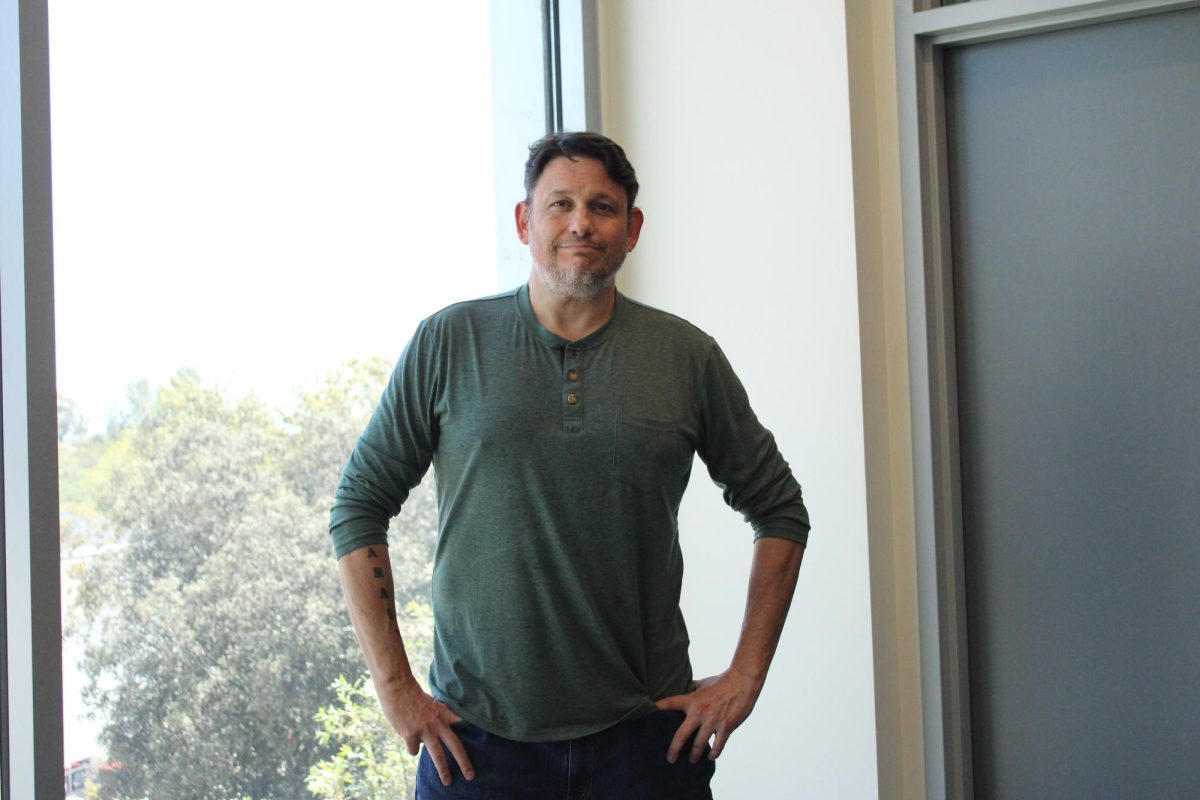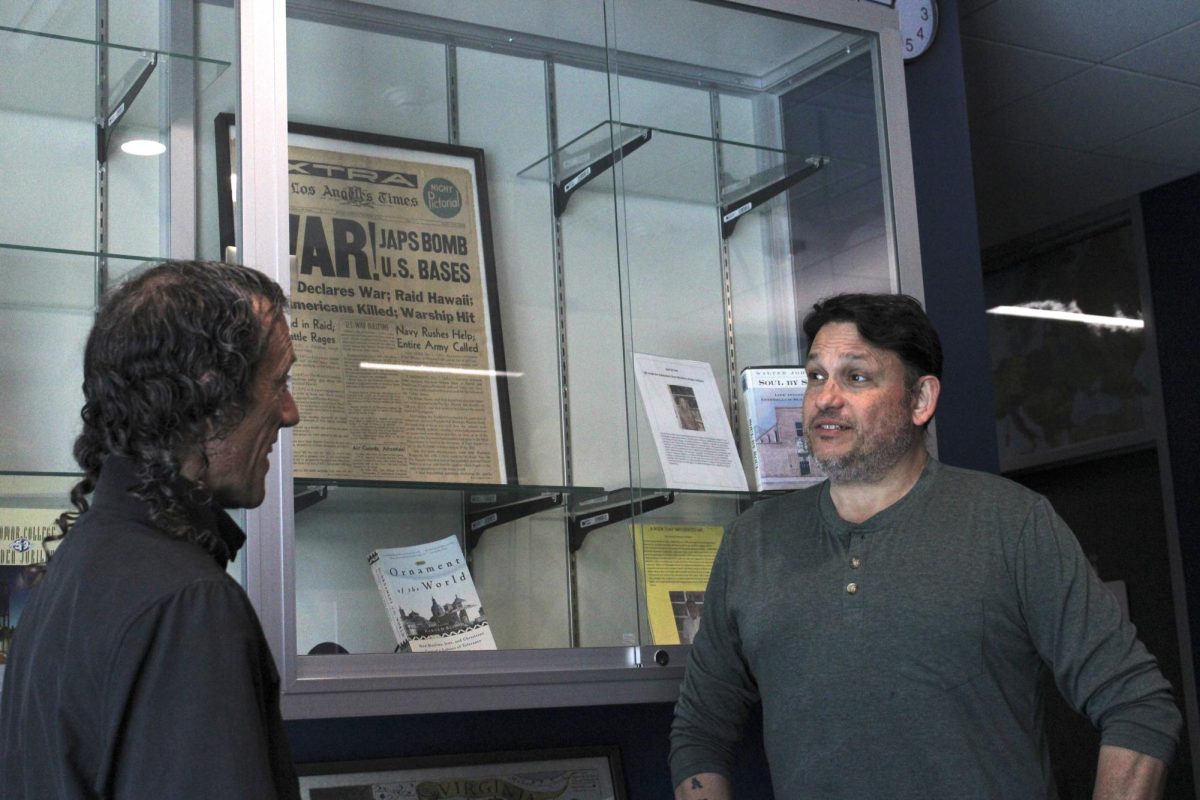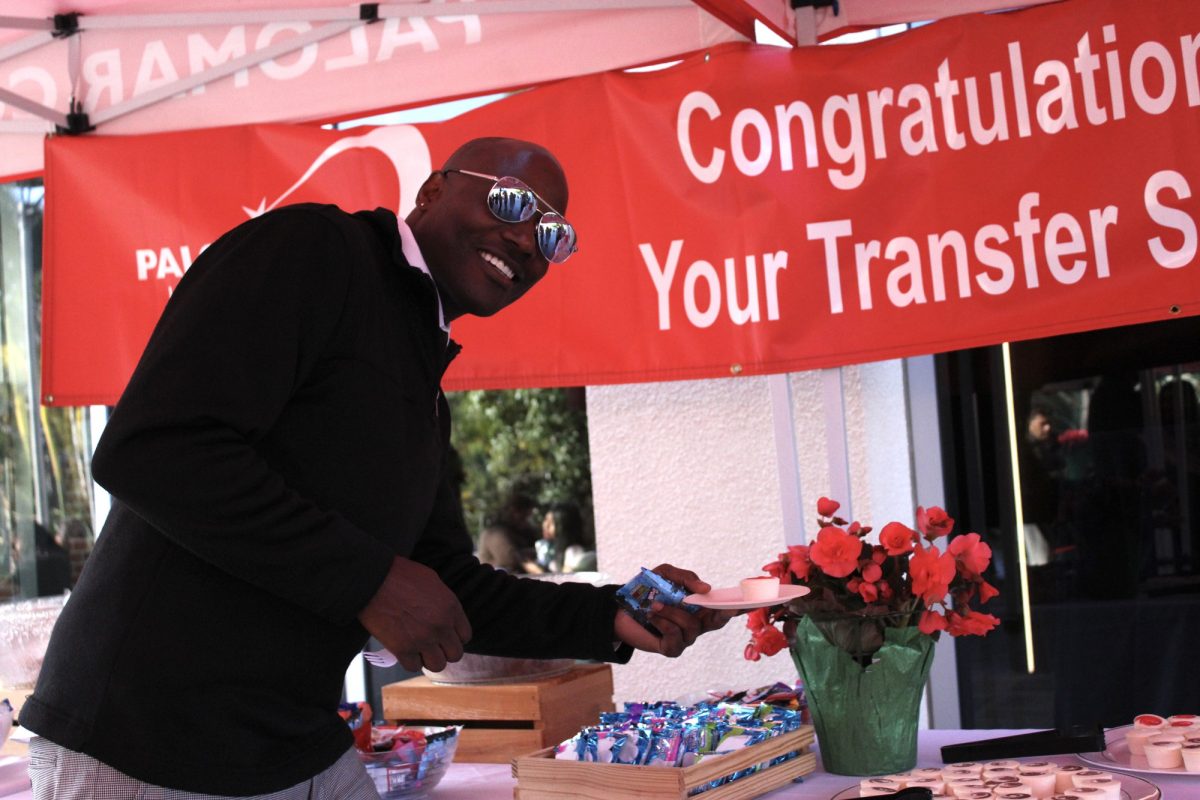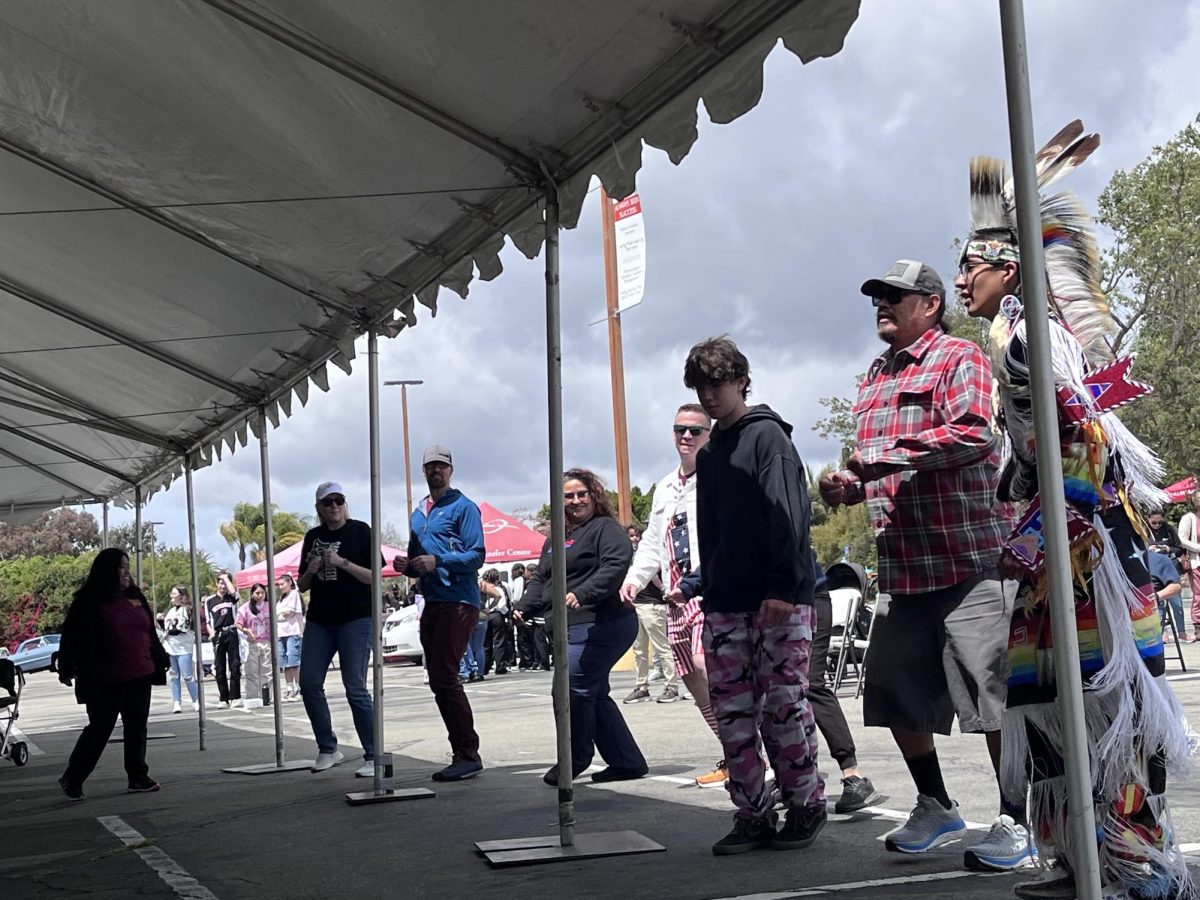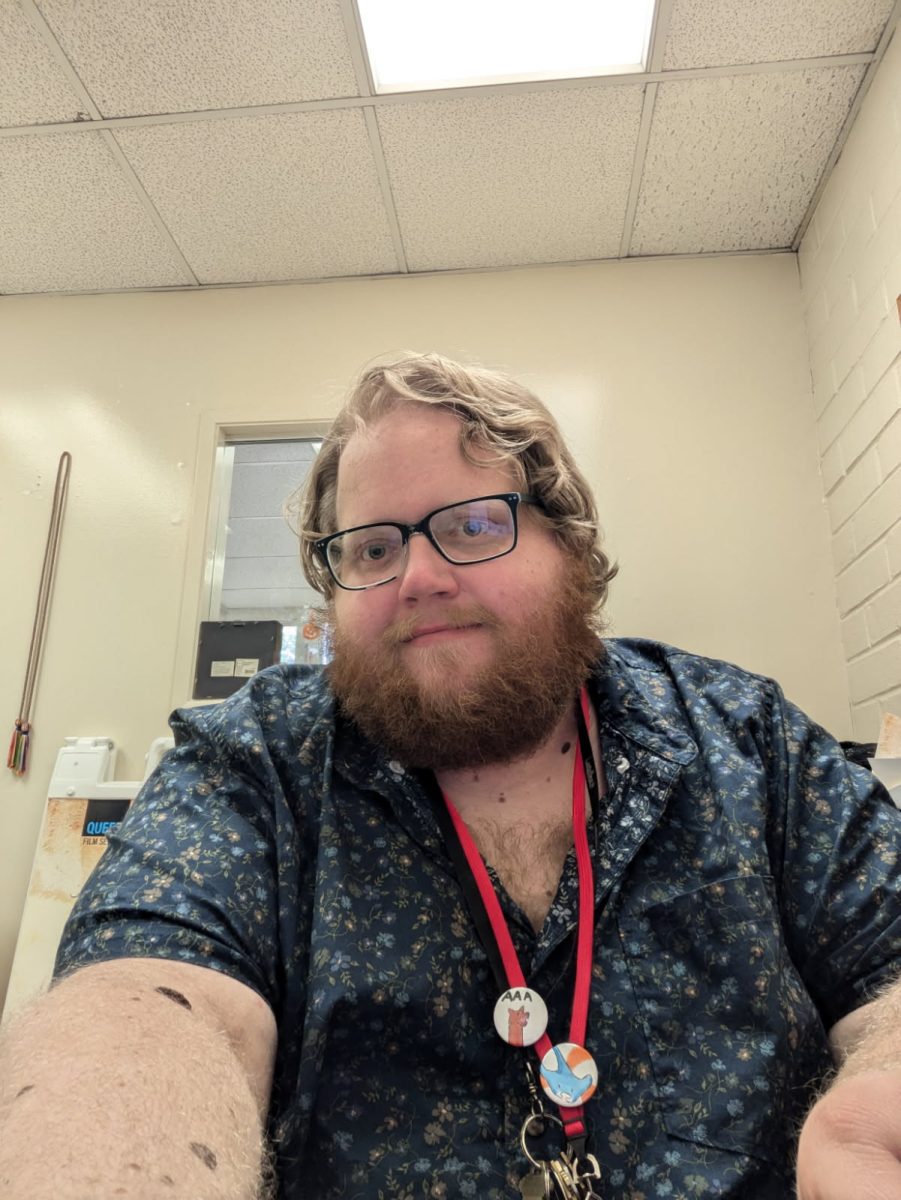Islamophobia is a word with significance as politicians discuss refugee crises, homeland security and foreign affairs. Palomar’s Muslim Student Union used the word to help celebrated April as Islam Awareness Month, ending it all with a lecture on Islamophobia.
The April 18 lecture featured Imam Saifuldeen, who spoke on the principle values of Islam from the Quran, what it takes to understand messages from the Quan, why terrorist do not follow the teaching of the Quran, the hate speech against Islam and the use of the word Islamophobia.
Of the crowd who came to the lecture most were MSU club members who came to discuss being Muslim in the US.
“I’m not Muslim, but I’m aware of Islamophobia,” Muslim Student Union member Mannat Shukla said. “Look at what Trump’s doing. That’s enough evidence that there is Islamophobia and it is prevalent.”
MSU member Ahmad Nasim said that he has never personally been attacked because “you can’t just say I’m Muslim by looking at me,” but women are unfortunately often attacked because they wear the Hijab and the Muslim attire.
Many students at the event agreed that Muslims are often discriminated against on all platforms, but it was a surprise to those using the term Islamophobia that Sifuldeen believed the term was not useful.
“I’m trying to completely eliminate Islamophobia by taking out that terminology. Don’t label anyone who disagrees with you with a certain terminology, talk to them,” Saifuldeen said. “You don’t have to get that person to agree with you.”
Saifuldeen added that to have a mindset to convert everyone leads people to becoming emotionally affected when they can not. He said that when people become emotionally affected they act irrationally.
He said the point is to talk to one another and begin to understand each other, and that when people use words like Islamophobe they push people away from a conversation that can lead to understanding. He said that without these words those conversations will be much easier.
Saifuldeen added that not everyone will be willing to have a calm discussion about Islam and that if a conversation does become emotional to say “salam” and leave with a calm attitude.
Saifuldeen said he often spends time with Christian scholars discussing terminology from the Christian Bible and the Quran. He said there are words that have different connotation in the two religions, but there are many lessons that are the same.
“Those kinds of discussion don’t happen,” Saifuldeen said. “Why do Christians not want talk to Muslims, and Muslims do not want to talk to Christians? Because of what is being said in the media, what is being said by people going out and twisting words, and using the values of society (and) not even give people a chance to talk to one another.”
Saifuldeen said there are initiators who use those tactics and the public who either follow them or do not. People who follow them split up into those who follow blindly and those who agree with them.
Saifuldeen then discussed the difference between Muslims and terrorist who call themselves Muslims. He said that terrorist are not practicing Muslims.
“When I say practicing Muslim I’m talking about the things that are basic, that you know you are not supposed to be doing as a Muslim, they are doing it,” Saifuldeen said. “It doesn’t make sense that you can’t pray, but you can give up your life, and maybe even an eternity. An eternity because you are killing innocent people. Something is missing and something is not right.”
He said that only the incident is talked about and the media does not distinguish practicing Muslims from terrorists.
Saifuldeen said that there is a bias in the media that calls attacks by Muslims terrorist attacks while other attacks are given different names.
“There are a lot of attacks that occur whether it be in a theater in Colorado or somewhere in an East coast, a school shooting or even a college campus shooting,” Saifuldeen said. “They don’t say a Christian or Jewish or so and so, they say ‘an Italian,’ they say ‘an American,’ but only in cases of Muslims are there faiths mentioned, not their culture, not their race.”



